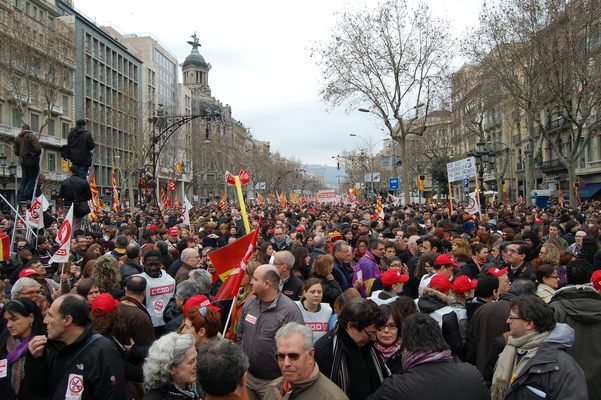Spain’s Prime Minister Pedro Sánchez and the leader of Podemos, Pablo Iglesias, have reached an agreement that will reinforce the former’s minority government and avoid early elections.
And the basis of this new partnership is an agreement to increase minimum wage by 22% – the biggest boost in 40 years.
As reported by the Spanish daily EL PAÍS, the budget has become a major hurdle for Sánchez, whose Socialist Party (PSOE) only has 84 lawmakers in the 350-seat Congress, while the Senate is controlled by the conservative Popular Party (PP). And even Podemos’ support does not guarantee passage, as this will require additional backing by Catalan separatist parties, who are demanding to see steps in connection with the jailed secessionist leaders and self-determination.
What’s more, the increased spending contemplated by the PSOE and Podemos will require a negotiation with Brussels, where officials have already expressed doubts about the measures.
From a political point of view, the PSOE-Podemos agreement could also herald a wider collaboration between both parties with a view to next year’s local and regional elections, and to the national election set for 2020, reported EL PAÍS.
“This agreement is a starting point for a new period in Spanish economic policy, which we think will result in a coalition government,” said Iglesias in statements to EL PAÍS.
The CEOE employers’ association has also warned about “the negative effects” of the proposal to increase minimum wage by 22%, up to €900 a month.

